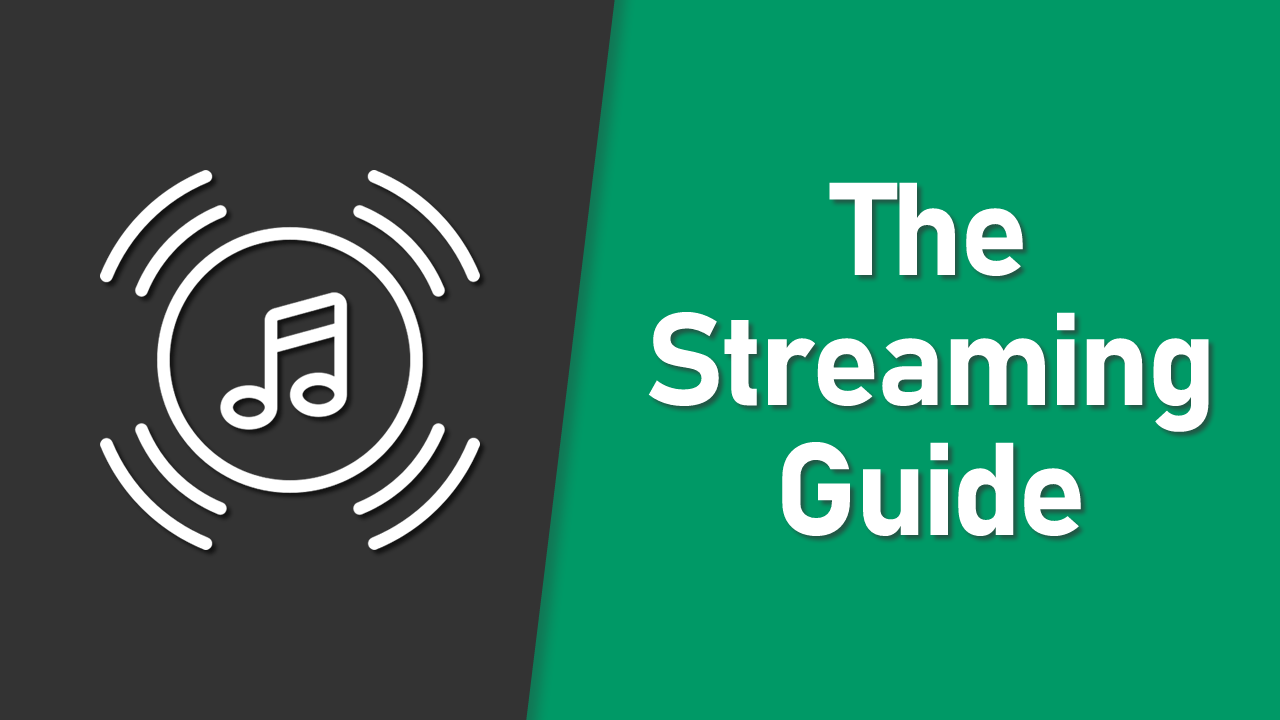Navigating the world of music streaming royalties can be a daunting task, even for seasoned musicians. With numerous streaming platforms, complex royalty structures, and ever-changing industry trends, it’s easy to feel overwhelmed. But fear not, musicians! This comprehensive guide will unravel the mysteries of streaming royalties and empower you to make informed decisions about your music.
Table of Contents
Streaming platforms like Spotify, Apple Music, and Tidal have become the primary means by which listeners access music. While this has undoubtedly revolutionized the music industry, it has also introduced a complex system of royalties for musicians. Understanding how streaming royalties work is crucial for musicians to maximize their earnings and navigate the industry effectively.
By the end of this guide, you’ll have a clear understanding of how streaming royalties work, enabling you to make smart decisions about your music and maximize your earnings from this ever-expanding digital landscape.
So, grab your instrument, put on your thinking cap, and let’s embark on a journey to demystify the world of streaming royalties!

Read The Musician’s Streaming Guide
100% Free for Musicians
Demystifying Streaming Royalties: A Breakdown
Streaming royalties refer to the payments music rights holders receive when their music is played on digital streaming platforms like Spotify, Apple Music, and Tidal. These royalties are a significant source of revenue for musicians, particularly in the current music industry landscape.
If you’re a musician and you aren’t registered to receive your royalties, you could be missing out on thousands of dollars.
The Two Types of Copyrights: The Composer and the Performer
Imagine your music as a delicious pizza. The composer, aka the songwriter, is the one who created the recipe, while the performer, aka the musician, is the chef who brings it to life. Each has a distinct copyright: the composition copyright and the sound recording copyright.
Composition Copyright
The Composition Copyright protects the musical arrangement and melody of a song. When a song is streamed, the composition copyright generates mechanical royalties. These royalties are typically paid to the songwriter and their publisher.
Sound Recording Copyright
The Sound Recording Copyright protects the specific recording of a song, including the performance, production, and mix. When a song is streamed, the sound recording copyright generates neighboring rights royalties. These royalties are typically paid to the recording artist and their record label.
The Role of Distributors and Digital Aggregators
Distributors and digital aggregators play crucial roles in ensuring that musicians receive their rightful compensation for their work. These entities act as intermediaries between musicians and streaming platforms, handling the technical aspects of distributing music and collecting royalties on behalf of artists.
Music Distributors
Distributors, the first link in the royalty chain, are responsible for delivering music to streaming platforms and ensuring its availability worldwide. They handle the technical aspects of encoding, formatting, and submitting music to digital stores, ensuring that it adheres to the specific requirements of each platform. Distributors also provide musicians with access to valuable analytics and reporting tools, enabling them to track their performance and identify potential opportunities to increase their exposure and earnings.
Digital Aggregators
Digital aggregators focus on the collection and distribution of royalties to musicians. They work with streaming platforms to track music usage and calculate royalties based on a complex set of factors, such as stream count, geographic location, and platform-specific agreements. Once royalties are collected, aggregators distribute them directly to the musicians or their representatives.
The Streaming Royalty Calculation Process: Unraveling the Mystery
Royalties are like the elusive leprechauns’ pot of gold – a treasure worth pursuing, but often shrouded in mystery and guarded by intricate calculations. Fear not, my fellow musicians, for this blog post aims to shed light on the enigma of streaming royalties, transforming you from a perplexed artist to a savvy royalty connoisseur.
The Pro Rata Model: A Fair Share for All
Imagine a giant pie, representing the total revenue generated by streaming platforms. Now, picture every stream as a slice of that pie. The pro rata model, the most common method for calculating streaming royalties, divides the pie into equal slices based on the total number of streams. Each artist’s share is determined by how many slices their music accounts for.
The Geography Factor: Streaming Royalties Around the Globe
The value of a stream isn’t the same across the globe. Just like a fancy restaurant in Paris costs more than a burger joint in New York, the royalty payout for a stream in Norway might be higher than in Nicaragua. This variation is influenced by factors like subscription rates, platform popularity, and local copyright laws.
The Platform Shuffle: Different Rules for Different Streams
Every streaming platform has its own set of royalty rates and agreements. Some platforms pay out based on ad revenue, while others use a subscription-based model. Some platforms pay per stream, while others consider factors like stream duration and user location. It’s like a game of musical chairs, with royalty rates constantly shifting and evolving.
Factors Influencing Streaming Royalty Payouts
Several factors can influence the amount of royalties an artist earns from streaming:
Market Share of the Streaming Platform: Streams from platforms with a larger market share contribute more significantly to the overall royalty payout.
Pay-Per-Stream Rate: The pay-per-stream rate varies across platforms and subscription plans, affecting the overall royalty amount.
Read More About Streaming Royalties
By mastering the art of streaming royalties, you’ll transform from a confused musician into a savvy royalty connoisseur. Remember, it’s not about selling your soul; it’s about getting paid for your passion.
If you want to learn more about streaming royalties, read the Music Royalties Guide. It is completely free and available for all musicians to learn how to register their music and start receiving their hard earned royalties.








